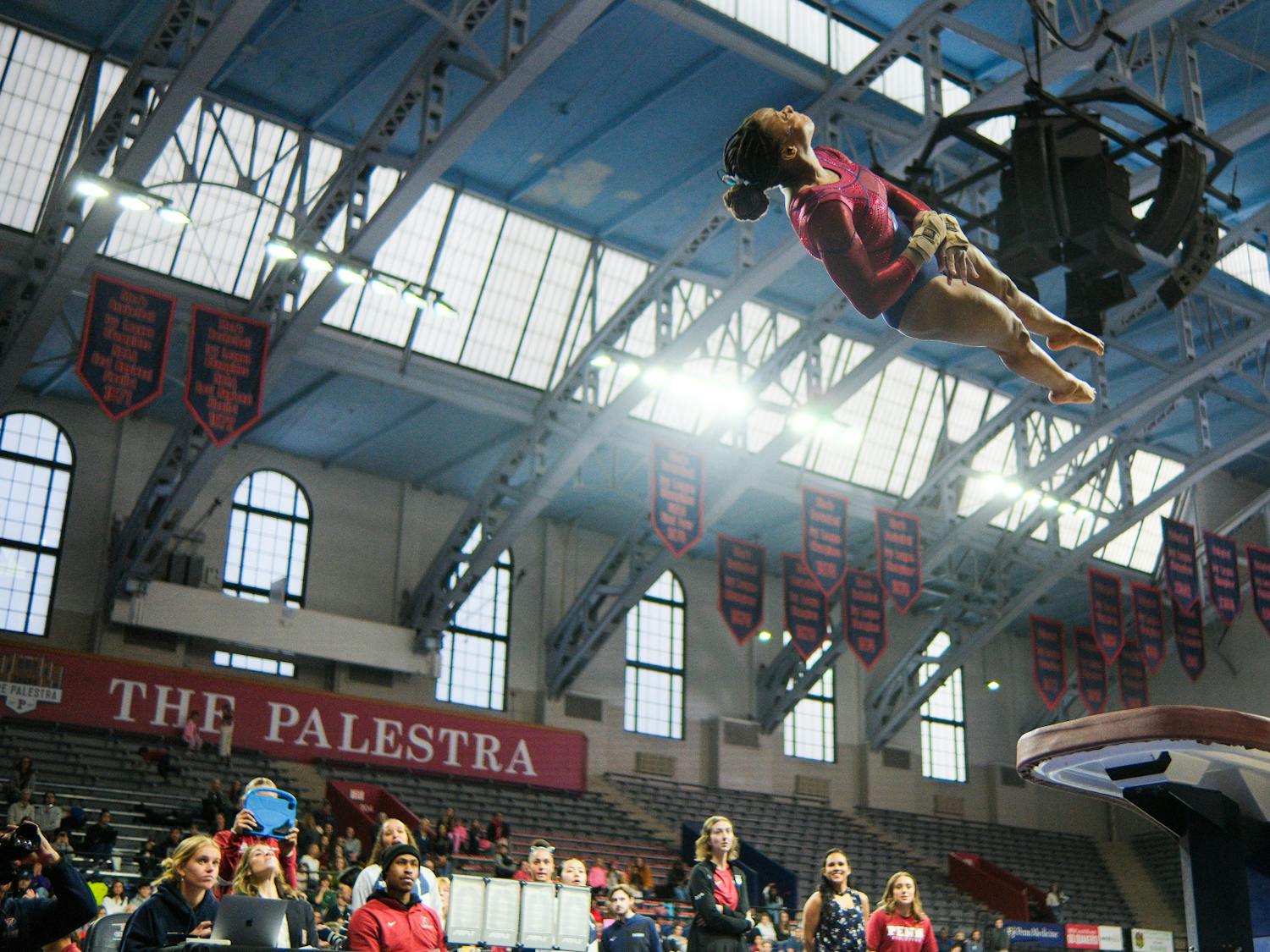Right now, Jeff Luhnow is one of the hottest names in the MLB, but few would have ever saw that coming six years ago when Luhnow began his tenure as the Houston Astro’s general manager (GM).
At the time, the Astros were coming off a 65-106 season that saw them finish last in the entire MLB. From the very beginning, though, Luhnow showed no fear in making bold decisions, firing the team’s manager after another last place year in 2012. Even though the Astros’ record got even worse the following year in 2013, Luhnow stayed the course and continued to accumulate assets that he hoped would revive the team one day.
It took several years, but Luhnow’s process finally started to pay off in 2015 when the team finished with its first winning season in seven years. Flash forward to the present, and the Astros are leading the American League by over ten games and are heavy favorites to win the AL pennant and compete in the World Series.
Despite all the success he has had in baseball, Luhnow did not even plan to work in the sports industry when he graduated from Penn’s Jerome Fisher Program in Management and Technology in 1989. In fact, Luhnow had two different careers before joining the front office of the St. Louis Cardinals in 2003.
To get a better sense for how his time at Penn has helped shape his success in baseball, the Daily Pennsylvanian spoke with Luhnow over email.
The Daily Pennsylvanian: In an interview with MLB.com, you mentioned that you reached out to Peter O’Malley, a Penn alum (who at the time, was working as both the owner and president of the Los Angeles Dodgers), while you were an undergrad. More generally, though, how do you think your experience at Penn has helped you in your baseball career?
Jeff Luhnow: My time at Penn was an ideal foundation for a career in baseball. I didn’t know it at the time, nor was becoming a baseball executive on my radar screen, but in retrospect it was very important. In obtaining my engineering degree at Penn, I learned to use the scientific method and use information to solve challenging problems. Projecting the future performance of human beings in a sports environment is an extremely complex problem but one that is critical to all sports teams. My engineering background helps me prioritize and understand the work done by our baseball analysts. My degree from Wharton gave me a deep understanding and appreciation for value and what creates and destroys value in companies, industries, and economies. Being able to use and appreciate valuation methodologies applied to sports has been important for me. Also, my first fantasy league was started as I was leaving Penn with several fraternity brothers and classmates and that league (which still exists today) kept me connected to all the players in the majors and many of the game’s top prospects.
DP: Before beginning your career in baseball, you worked for several years in the general business sector. What made you decide you wanted to move into the sports industry?
JL: I had three careers before baseball. The first was as an engineer, for WL Gore & Associates based in Delaware. I loved my time there and enjoyed being and engineer and making products. The company has a terrific culture and I learned quite a bit about people too. My second career was as a management consultant for McKinsey and Company in Chicago. I worked across many industries and on many different types of studies and further developed my ability to contribute to and hopefully help solve complex problems. My third career was as a technology entrepreneur... where I learned how to start something from scratch and watch every penny, as well as how to raise money and build a market. At no point was I planning to go into sports or baseball. In the summer of 2003, a former colleague of mine from McKinsey contacted me and put me in touch with the owner of the St Louis Cardinals, and less than a month later I found myself working in baseball. It wasn’t planned but it turned out to be a perfect place for me to utilize my education and my background.
DP: In 2011, the Cardinals won the World Series, and then a couple of months later, you left St. Louis to become the GM of a struggling team in the Astros. What went into that decision to join the Astros as GM?
JL: I spent seven full seasons with St Louis and loved every minute of it, despite the difficult challenges and intense working environment. I was fortunate enough to gain experience in scouting, player development, international and most other areas of baseball operations. During my time there, the Cardinals went to the World Series three times and won twice. Five of the seven years the club made the playoffs. I learned a ton about what makes a great organization tick. When I was presented with an opportunity to run the baseball operations of a struggling team, I decided to take on the challenge in hopes of turning it around and trying to have the same type of success as the Cardinals had in the seven years I was there. I knew it would be difficult but I wanted the challenge.
DP: Since starting with the Astros, you have helped bring them from the bottom of the MLB to the very top. What do you attribute your success to and how were you able to maintain confidence in your plan when your first few seasons were very rough from a record standpoint?
JL: The success of the Astros has been the result of many years of hard work by a very talented group of people. To be honest, the keys to our success are similar to what makes any organization achieve its goals (and we are by no means done... we are just getting started). Hiring, developing and trusting the best people is a critical component. No leader can do it by himself or herself. Making sure you have a well reasoned strategy and that you stick to a plan (as long as it continues to make sense). Using all the available information that you have at your disposal to make decisions... making that standard across all functions. These are just some of them, but very important. Sticking to our plan required a ton of patience, not only by me and my team but by our ownership group and our fans. When you are in the trenches of a turnaround, it’s so hard to stick to the plan and not deviate when outsiders begin to criticize. We held our ground, and it’s beginning to pay off.
DP: And lastly, what advice would you give to Penn students who want to pursue careers in the front offices of sports teams?
JL: My advice to Penn students (and my daughter is currently one) is to pursue a career in an area of passion for you. If that happens to be sports, that’s great but realize that sports jobs are hard to land and you need to have a backup plan. There are many skills that will help you in sports but can also help you in other careers. Since I’ve been at the Astros, I’ve hired MBAs, MDs, PhDs across various disciplines, psychology majors, physics majors, math majors, english majors and even a few people who never went to college. There is no prescription, but all of these people are passionate about their area of expertise and also about baseball! And we all get along, which helps.









